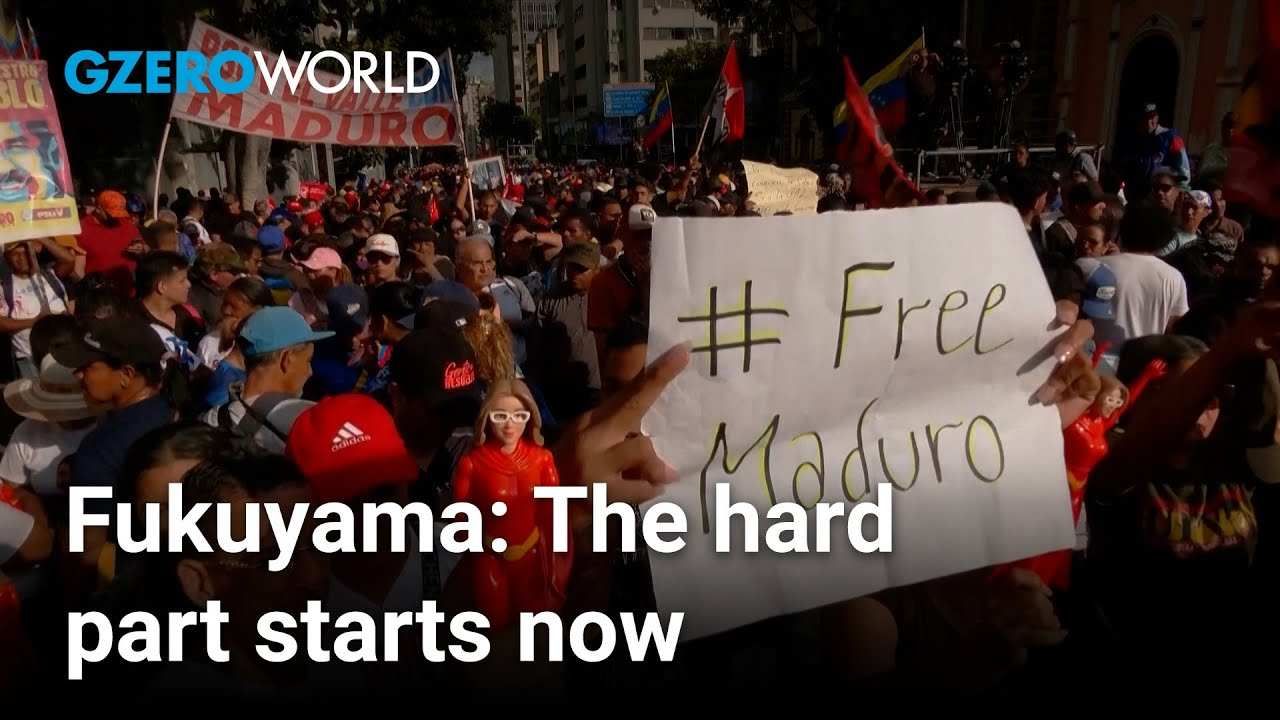News
June 05, 2018
Since there won’t be a Friday edition this week, Willis has kindly submitted this guide for your attentions over the next seven days…
Watch the G7 summit — We don’t often spend time on these talk-shop, photo-op summits, but this one could be interesting, if only because every single member has a bone to pick with Donald Trump. EU leaders, Canada, and Japan — America’s closest allies-all face US tariffs. Will anyone smile at the group photo?
Watch North Korea — News from inside the DPRK, the world’s most secretive state, hints at possible divisions of opinion over talks with the US. Three senior military officials were removed from their posts this week, according to US officials.
Ignore new calls for Catalan independence — Hoping to profit from political turmoil in Madrid, imprisoned Catalan independence leader Jordi Sànchez called on the Spanish government this week to drop its commitment to “the indisputable unity of the homeland.” Last week, Mariano Rajoy lost power to the Socialist Party’s Pedro Sánchez, who must now lead a minority government. But that doesn’t move us closer to Catalan independence. Only a commitment from Madrid to recognize a Catalan independence referendum can do that. That’s not on the agenda.
Ignore Venezuela’s protester release — Venezuela’s government has released dozens of opposition politicians and activists in recent days. This is not a political breakthrough because there is no common ground between President Nicolas Maduro and those who would force him from power. It’s more likely a bid to ease pressure on the government following a disputed election than a genuine gesture of conciliation or a sign that the regime is buckling under pressure. Those released are not allowed to use social media or travel abroad.
More For You

- YouTube
Make no mistake, says the Stanford political scientist.
Most Popular
After the US captures Nicolás Maduro, is Venezuela headed for stability, or chaos? Ian Bremmer talks to Senator Ruben Gallego and Frank Fukuyama about what comes next.
- YouTube
Welcome to the Jungle
© 2025 GZERO Media. All Rights Reserved | A Eurasia Group media company.